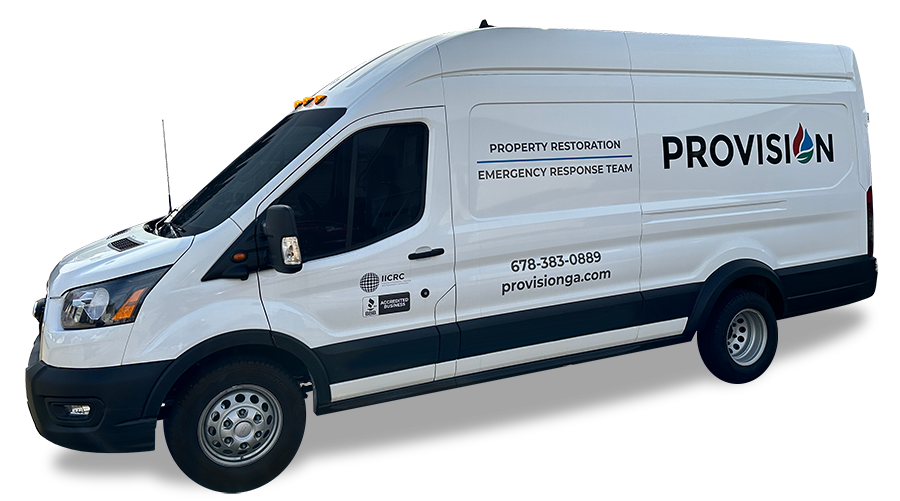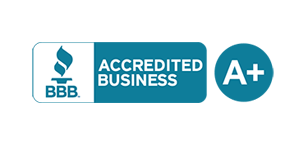Whether it is a small flood contained within a part of your home, or a large-scale flooding that has occurred in the area you live in, both situations can result in flood damages that may pose as a hazardous risk for you and your loved ones. Here are a few things to look out for if you experience a flood:
Damaged Structure and Utilities
-
Practise extreme caution when entering your home, ensure that your home is still structurally safe to enter, and get a professional electrician to confirm the safety of your house; especially if your main power switch was not turned off before the flooding occurred, to avoid risking electrocution or facing a fire hazard.
-
Keep an eye out for holes in the flooring, broken glass and/or other dangerous debris. Do not use any electrical appliances until they have been thoroughly dried and cleaned. To be on the safe side, have it tested by a professional to ensure that it is safe to use.
-
If a power line is down, alert the power company and avoid driving through the water if the power line is in the water.
Exposure to Contaminated Water
-
Beware of hazardous substances or sharp objects which may be found in the flooded area. Avoid exposing an open wound to floodwater as it increases the risk of an infection. With the help of professionals, extract the flood water and ensure that the entire area (including all items) are dried, cleaned, and properly disinfected. Items which cannot be thoroughly cleaned should be discarded.
-
Do not allow your children to play in the water even if it is clean water
-
If you have a well, have it tested first before drinking from it
Know the Difference Between Clean Water, Greywater, and Blackwater
-
Clean Water – not an immediate health threat, generally safe but may turn into greywater over a short span of time
-
Greywater – also known as sullage (wastewater) is not safe for human consumption, can be recycled for non-potable purposes but should be cleaned up as soon as possible for it can turn into blackwater over a short span of time
-
Blackwater – known as wastewater that is contaminated with human faecal matter, potentially chemicals and other harmful substances. Even skin contact with blackwater could result in illness.
Exposure to Chemical Hazards
-
Beware of potential chemical hazards, be alert and evacuate if you smell gas. CDC has reported that over 400 Americans die every year due to unintentional carbon monoxide poisoning, and this risk increases after a flood has occurred. Be sure to properly ventilate your house especially if there are any electrical appliances or machines that can release Carbon Monoxide to avoid such a situation from occurring.
-
Containers of chemicals may have been shifted from their usual storage area due to the floods, do not attempt to shift them on your own
-
Practise extreme caution when removing car batteries by using insulated gloves and avoid contact with acid which may have spilled out.
Displaced Animals, Insects, and Reptiles
-
Be alert and avoid contact with any animals, insects, or reptiles that may have been displaced due to the flooding.
-
Lastly, if there is mold in your house, always wear a mask, gloves, and googles to protect your eyes, mouth, nose, and skin against exposure to mold to avoid exposure to any mold spores in the air.
For assistance with professional water extraction and dryout or mold removal services in Georgia, reach out to us at Provision (678-383-0889) today.








